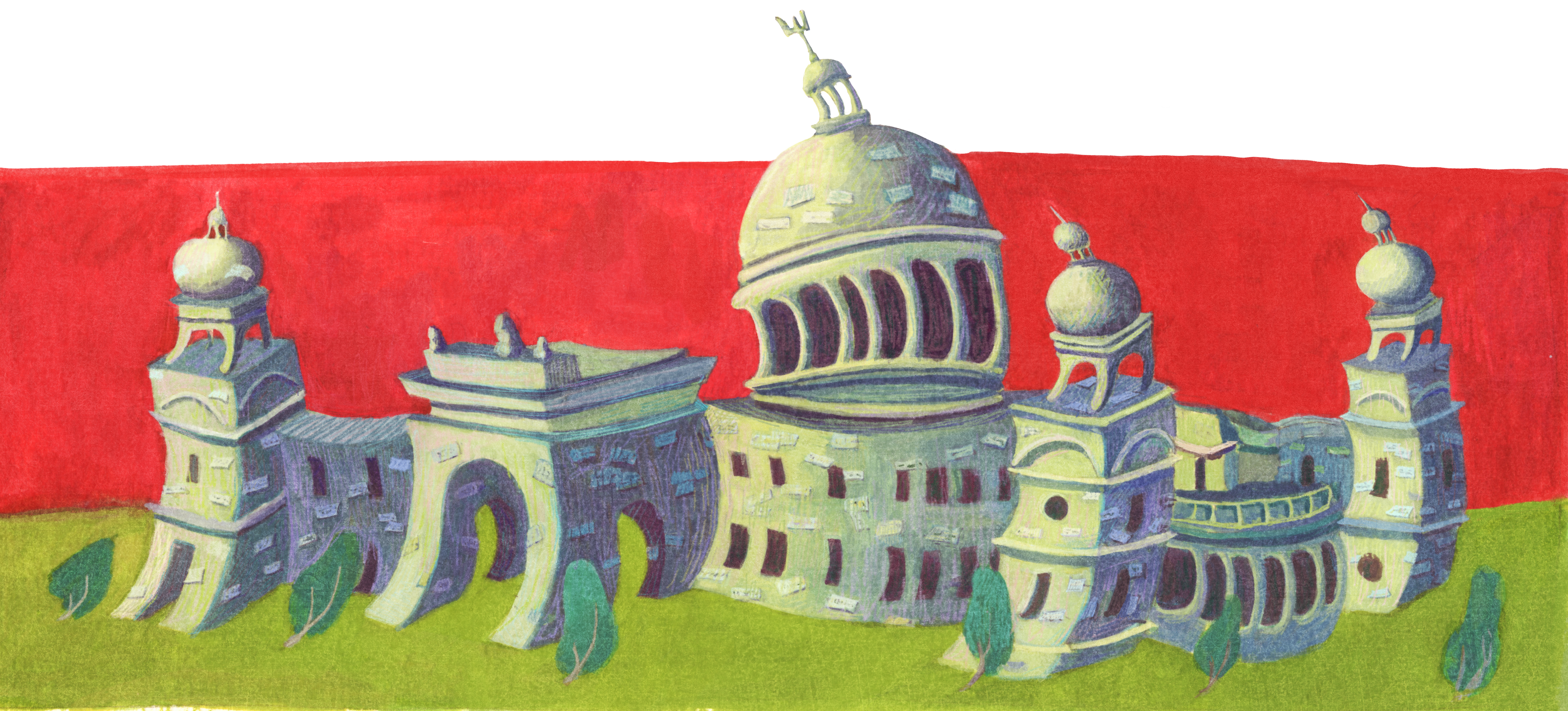During the Monsoon Session of Parliament in late July 2023, Member of Parliament (MP) Naresh Bansal of the Bharatiya Janata Party (BJP) called for India to be renamed Bharat, which is the state’s Hindi name. He argued that the change would erase the remnants of “colonial slavery” represented by the name “India.” Only a few months later, Prime Minister Modi (BJP) sparked immense domestic debate for sitting behind a placard titled Bharat at the G20 summit. For the BJP, India’s right-wing Hindu nationalist party, this renaming initiative is representative of its ambitious attempt to reframe the nation’s post-colonial identity. However, it also reflects the party’s well-known commitment to Hindutva, a nationalist ideology that stipulates the active opposition of the Indic people to religions and cultures not “native” to India.
Historically, the state’s nomenclature has been fraught with the legacy of exonyms—names given by outsiders, often through phonetic transliteration. The name Hind is derived from the Sanskrit word Sindhu, used by Arabs and Iranians to describe the Sindhu River that divided the Indian subcontinent from the Iranian plateau. However, the river was renamed the Indus by the Ancient Greeks, a name that was later adopted by the British during colonial rule, giving India its modern name. On the other hand, Bharat is the Hindi name given to the region by its native inhabitants and used in most local vernaculars. Formally, Bharat is one of the state’s two names. In fact, Article I of the Indian Constitution declares “India, that is Bharat, shall be a Union of States.”
Now, the BJP is fighting to abandon the name India altogether, and anticolonial rhetoric has become a convenient weapon in its arsenal. This September, BJP MP Harnath Singh Yadav criticised the name India as “an abuse given to us by the British” and called for the country to be renamed Bharat. However, this demand followed swiftly after the opposition bloc named itself INDIA (Indian National Development Inclusive Alliance), suggesting that it was nothing more than hollow rhetoric designed to consolidate the BJP’s support among the Hindu-majority electorate. Ironically, the BJP has been criticized for continuing to capitalize on the sociopolitical currency of the name India, advancing schemes entitled Make it India, Start-Up India, and New India.
Over the past 75 years, post-independence Indian governments have replaced the Anglicised exonyms of multiple cities with names in Hindi. As early as 1950, several states were rechristened in an explicitly anticolonial manner. The United Provinces, for example, were renamed Uttar Pradesh (“North Province” in Hindi) after legislators decided a British name could not foster patriotism. More recently, in 2001, Calcutta was officially respelled Kolkata in correspondence with the native Bengali pronunciation.
However, while the renaming of states and cities was once justified to shed the legacy of British occupation, it is now assuming an anti-Muslim tenor that strays from post-independence secularism. Cities with Muslim names that were in use centuries before British occupation are being renamed by the BJP. The city of Allahabad, for example, named by the Mughal Emperor Akbar in the 16th century, was retitled Prayagraj in 2018 after the Hindu pilgrimage site. Similarly, the city of Faizabad, historically the seat of Mughal power in India, was renamed Ayodhya in 2018 in homage to a fictional city from the Ramayana, one of the two most important epics in Hindu literature. The BJP has thus equated Hindu cultural pride with the marginalization of the non-Hindu peoples of India.
The BJP’s renaming initiatives have been challenged not only by academics and the opposition party but also by India’s Supreme Court. In March, the Court struck down a petition by Ashwini Udadhyay, a BJP leader, to give every historic site and city of India a Hindu name. The Court rejected the proposal as an attempt to burden the present with the past and “create more disharmony.”
The BJP is framing name changes as a defiant assertion of Indian sovereignty in response to a legacy of foreign occupation. However, the act of renaming must be understood in the context of the BJP’s broader goal of erasing India’s Muslim history in pursuit of Hindutva. Its recent moves to rewrite the past violate the Indian constitution’s clear separation between state and religion and thus call into question how secular India truly is.
